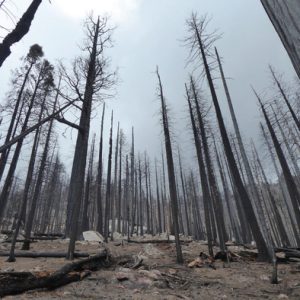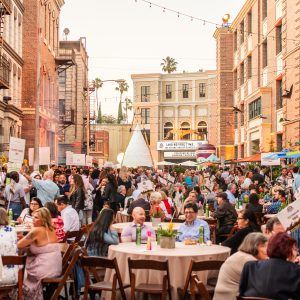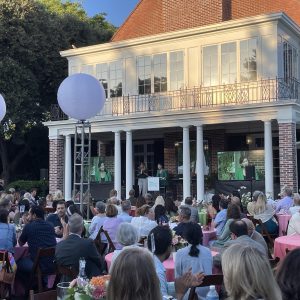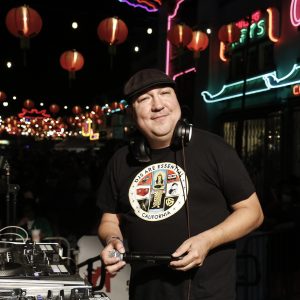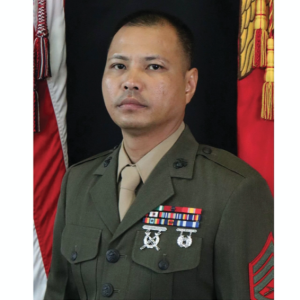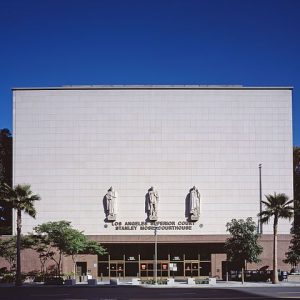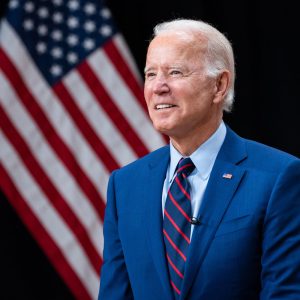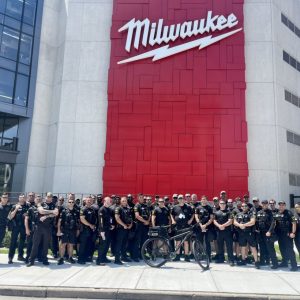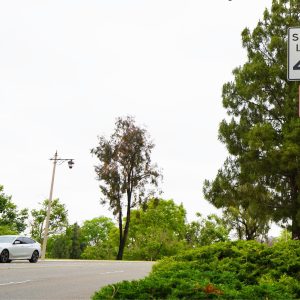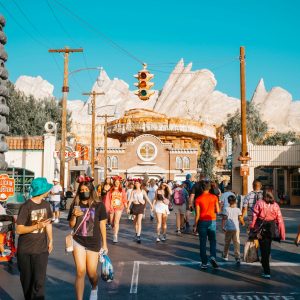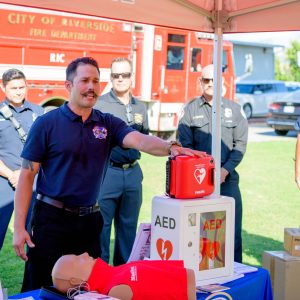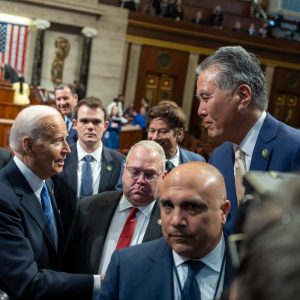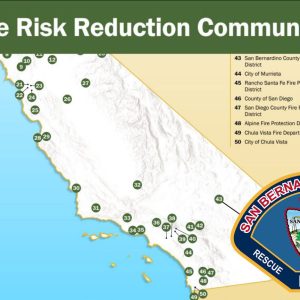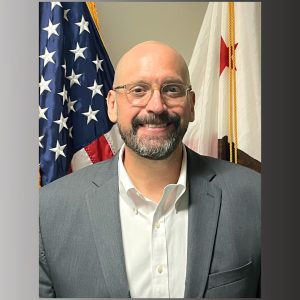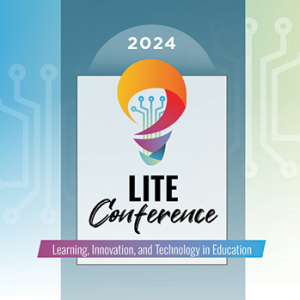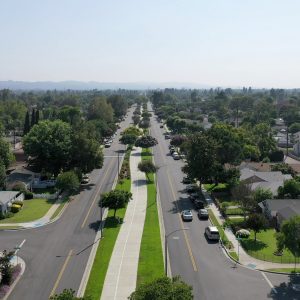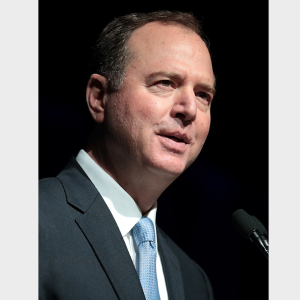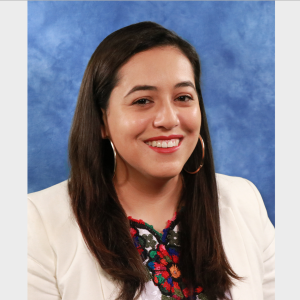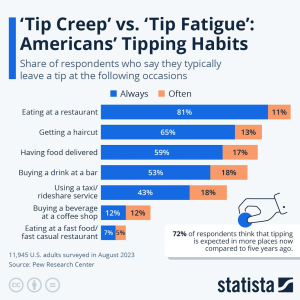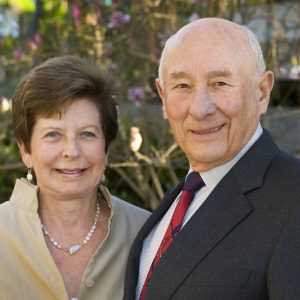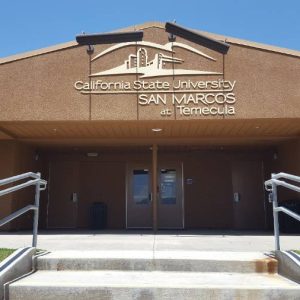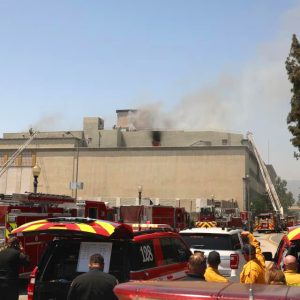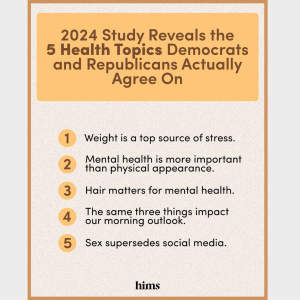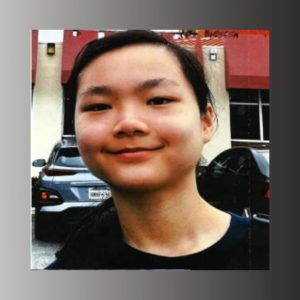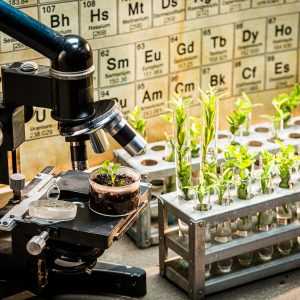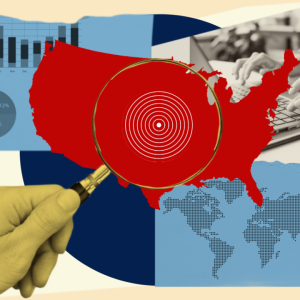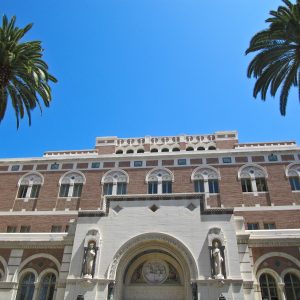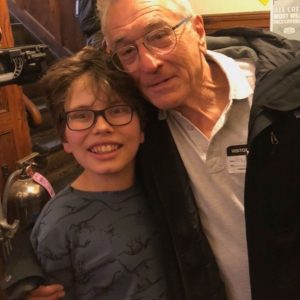 View Winners →
View Winners → Gov. Newsom hosts AI summit in San Francisco
Gov. Gavin Newsom and representatives from a wide range of professions and industries met Wednesday in San Francisco and online at the Joint California Summit on Generative AI.
Technologists, government officials, academics and leaders from organized labor and civic organizations were among the panelists and speakers at the symposium on the emerging technology known as artificial intelligence, or generative AI.
“California is the globe’s artificial intelligence leader, and today’s summit continues to showcase the state’s commitment to innovation,” the governor said in a statement Wednesday. “GenAI is here and developing quickly — our innovation hubs and state leaders are quickly evolving to use it equitably and responsibly so it benefits all Californians.”
California officials along with Stanford University and UC Berkeley organized the summit, which was live-streamed online and mandated in Newsom’s September 2023 GenAI Executive Order that included direction to pursue a partnership with universities. Specifically, the summit was developed and organized by the Governor’s Office of Business and Economic Development; the California Government Operations Agency; the UC Berkeley College of Computing, Data Science, and Society; and the Stanford Institute for Human-Centered Artificial Intelligence, or Stanford HAI.
Summit panelists discussed how AI currently is and will in the future affect how work gets done in California’s future. They also highlighted the technology’s potential to help deal with problems such as the climate crisis and discussed possible solutions to infrastructure barriers that could impede such AI-fueled attempts at problem-solving.
Officials said California will play a key role in the future of artificial intelligence, which “will have enormous implications across society.” The state has 35 of the world’s 50 leading AI companies, “high-impact research and education institutions,” and 25% of AI patents and conference reports.
“We want to ensure the future we are building with generative AI puts humanity at the forefront,” Jennifer Chayes, dean of the UC Berkeley College of Computing, Data Science, and Society, said in a statement. “California provides a vibrant environment for AI development. We have a window of opportunity to collectively pursue a measured approach that incentivizes innovation while ensuring safety.”
Attendees, who included people affiliated with the federal and state governments, Fortune 500 companies and universities in the U.S. and abroad, discussed how to “responsibly implement and incorporate shared benefits of AI into the next wave of investments, discoveries, and partnerships,” according to the governor’s office, which highlighted these featured panel speakers:
NVIDIA Head of Strategic Initiatives Louis Stewart, Databricks Chief Technology Officer Matei Zaharia, U.S. General Services Administration Administrator Robin Carnahan, California Government Operations Agency Secretary Amy Tong, California Labor and Workforce Development Agency Secretary Stewart Knox and the Governor’s Office of Business and Economic Development Director Dee Dee Myers. Incoming university leaders at Stanford and UC Berkeley, respectively President Rich Lyons and Chancellor Jonathan Levin, also took part in the event.
“With AI’s potential to radically transform every industry and every society, it’s critical that we design machine intelligence to be human-centered and benevolent,” Stanford HAI Co-Director Fei-Fei Li said in a statement. “For this to happen, we must invest more in the public sector, to help shape the development and path of this technology to serve humanity. With Stanford HAI’s multidisciplinary approach that balances diverse expertise across disciplines, we are delighted to play a role in this timely summit of government, industry, academia and civic organizations working in concert for not just the betterment of California, but the greater good of humanity.”
Panels took place and were filmed for video streaming at the Commonwealth Club in San Francisco, according to UC Berkeley. The event had more than 100 attendees.









